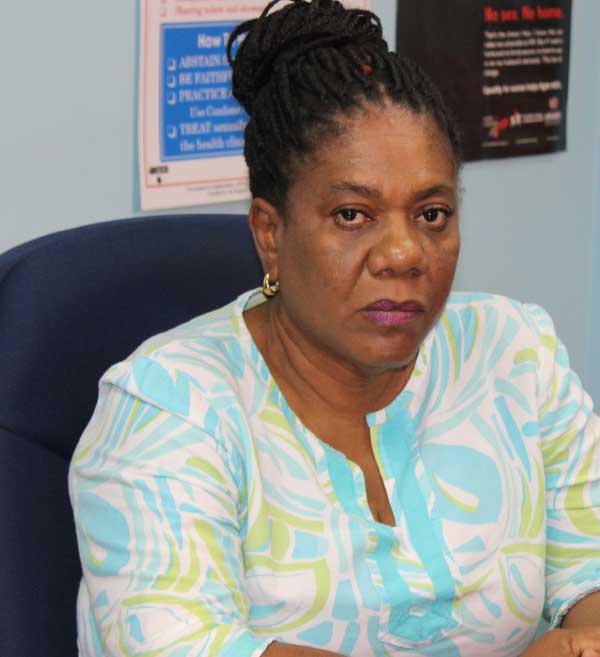PAHO Project To Help Home Cope With Disasters.

THE Comfort Bay Senior Citizens’ Home in Vieux Fort will be the beneficiary of an initiative by the Pan American Health Organization (PAHO) that will make it better able to withstand disasters.
The initiative, dubbed “the smart health facilities project,” aims to make health facilities smart by combining safe and green initiatives.
“Our aim is to ensure health facilities could be functional given emergencies and disasters,” said ShaliniJagnarine, PAHO’s principal consultant for St. Lucia, at a press conference this week.
PAHO wants to ensure that all health facilities that benefit from the smart health project can remain functional within their own infrastructure during and after a storm, hurricane or other disaster. The idea also involves reducing greenhouse gas emissions from these facilities.
This means that the facilities would have to work on reducing their electrical and water consumptions, improve their indoor environment, have good water catchment areas, and get involved in harvesting water.
PAHO is also big on the green initiative, noting that the Caribbean islands are in the forefront of being affected by climate change as is evidenced by rising sea levels, increasing temperatures, heatwaves and other effects of climate change.
“We are looking not only at the impacts of hurricanes and tropical storms. We need to ensure that our health facilities can be adapted to mitigate the effects of climate change,” Jagnarine said.
According to PAHO, the countries of Latin America and the Caribbean are exposed to various natural and man-made hazards. Citizens, PAHO noted, must be able to rely on their hospitals and health centres in all circumstances to avoid an increase in the number of victims after an event.
All health facilities in St. Lucia have already been assessed from the ‘smart’ perspective. With 48 residents, Comfort Bay is in an advanced stage for the smart initiative project because of the staff’s eagerness for the project and the vulnerability of the residents due to their age and levels of mobility. It must be noted that PAHO deals only with public health facilities for the smart project.
With Comfort Bay, PAHO would enter and make an assessment of the facility’s safety index, looking for factors such as the level of greenness, electrical system, water storage capacity, electricity generator, safety of its roof, windows and floors, among other things, and improve on them, in an effort to increase the facility’s safety.
“We want to install hurricane shutters and a solar panel to make the facility greener,” Jagnarine said.
The work to be done at the senior citizens’ home will being in January and bidding documents are currently being prepared for local contractors. The budget for the works at the home is around US$600,000.
Nurse Gertrude Gustave, the Home’s manager, has much praise for PAHO, which has the full support of the Ministry of Health and the National Emergency Management Office.
She said that when it comes to safety, the Home has certain issues which need attending to, especially during heavy rains.
The Home, she said, is a lovely and comfortable place on dry days. Things change, however, when the rains come.
“Comfort Bay is very open. We love Comfort Bay when it is dry. But when it’s raining and windy, everything comes right in. We have a lot of glass but no shutters. If Tropical Storm Matthew was a category five hurricane, the glass would have been shattered,” she said.
Gustave added: “The other small institutions, like the health centres, have no one living there. If there is a hurricane, no one will be in a health centre. The health centre will have to function after the storm. But at Comfort Bay, everybody will be there during a storm. Whatever the disaster, everyone will be in that building (the Comfort Bay building),” Gustave said.













![.[L-R] Parliamentary Representative for Castries Southeast, Lisa Jawahir & Talk show host, Timothy Poleon](https://thevoiceslu.com/wp-content/uploads/2026/02/Lisa-Jawahir-Timothy-Poleon-380x250.jpg)
![Public Service and Utilities Minister Stephenson King delivered remarks [Photo credit: VP]](https://thevoiceslu.com/wp-content/uploads/2026/02/Stephenson-King-380x250.jpg)

